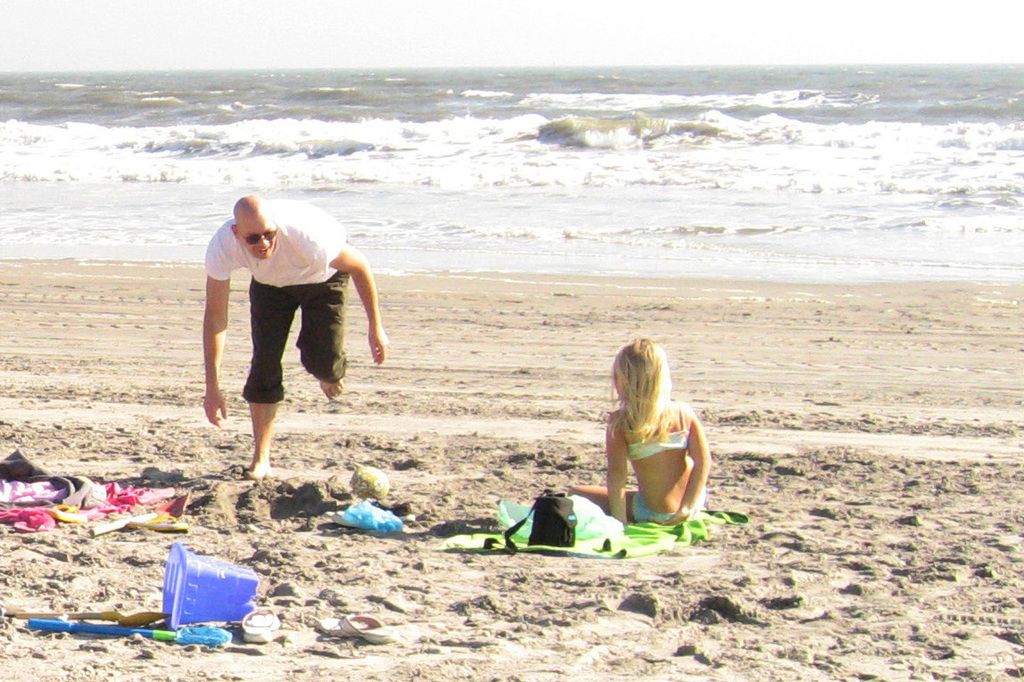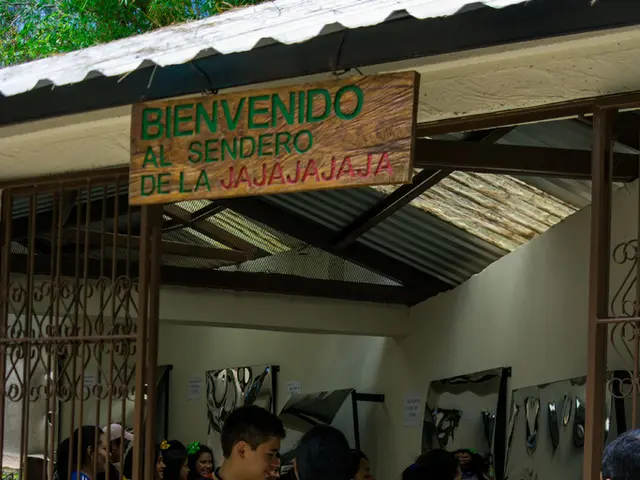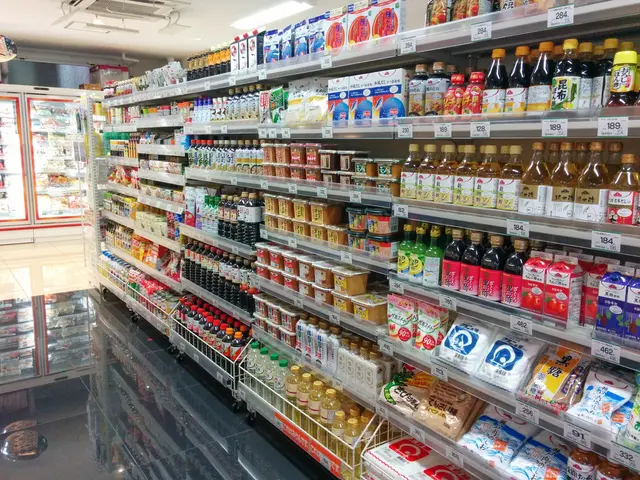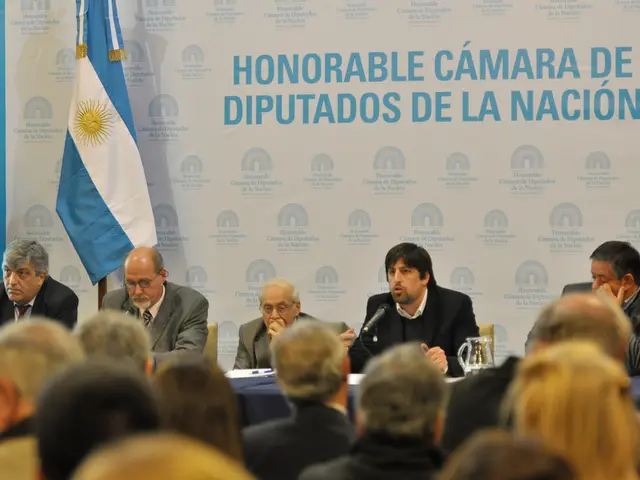Increased Housing Payments for MART Residents Starting June 1: Amount Revealed
New and Improved Version
Wanna know the lowdown on how much our heating and hot water bills gonna skyrocket since June 1st, according to Ivan Vezhnovets, the First Deputy Minister of Antimonopoly Regulation and Trade? Well, buckle up!
Remember, the government has decided to slap new tariffs on our heating and hot water starting this summer, following Decree No.313 of the Council of Ministers dated June 9, 2025.
Here's a breakdown for a typical two-bedroom flat of 48 square meters with three residents, based on average consumption rates. For such an apartment, the total bill [for heating and hot water during the season] will add up to Br35, as Vezhnovets explained.
Obviously, the cost can fluctuate based on apartment size or number of residents. However, this increase is roughly around 10% across all utility bills.
But not every building will feel the heat. For electrically-heated homes, different tariffs apply.
"The bill increase there is only 1.1%," pointed out the MART rep.
He also mentioned that there's no substantial increase in payments for electric heating folks, promoting the switch to that kind of heating.
Utility Bills Climb in Belarus
Utility tariffs get hiked up twice a year on January 1st and June 1st.
Since January 2025, the state has bumped up all utility tariffs (by Br17.05), with the exception of heating and hot water.
From June onwards, Belarusians will be forking out more greenbacks for thermal energy used for heating and hot water (by Br3.95).
Thus, the subsidized rate for thermal energy for heating and water heating will jump to Br27.2323 per 1 Gcal from June.
This represents an increase of 10.2% (currently, the rate is Br24.7187 per 1 Gcal). Belarusians will receive their updated utility bills for June in July.
- The rise in utility bills, particularly heating and hot water tariffs, could impact various sectors of the industry, such as finance and energy, as businesses may encounter increased expenses for maintaining operations.
- As a result of the hike in utility tariffs for heating and hot water, business costs may escalate, putting pressure on the finance sector to adjust strategies or pass the increased costs onto consumers, potentially affecting the energy industry's efficiency and competitiveness.




